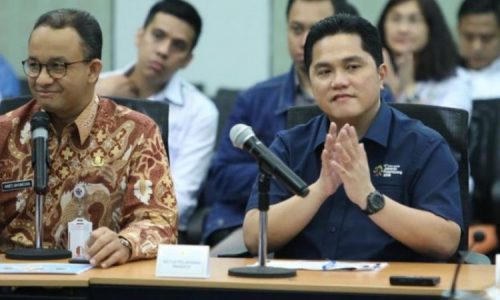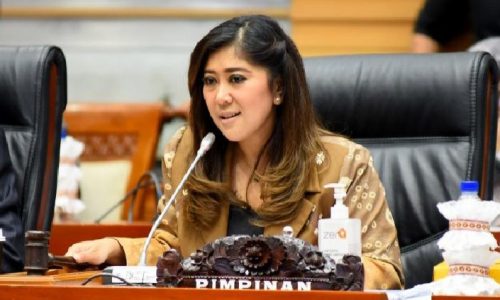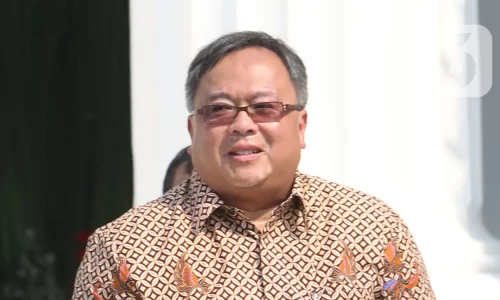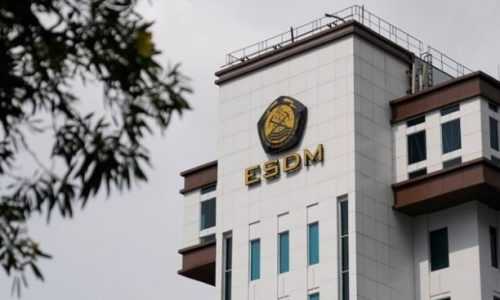Minister of Investment and Downstream Industry, Rosan P. Roeslani, has recently announced a government initiative to transform seaweed into bioavtur (bio-aviation fuel) as part of Indonesia’s energy downstreaming strategy.
This initiative, according to Rosan, aligns with the government’s development priorities and has been discussed with the Ministry of Maritime Affairs and Fisheries (KKP).
“We have a preliminary outline and have shared it, ensuring we understand the priority areas,” Rosan said in Jakarta on Sunday, November 3, 2024.
Initial research on converting seaweed into bioavtur, conducted by an industry association, has already been collected by the government.
Further discussions with relevant ministries are planned to examine the study in detail. With seaweed cultivation already widespread across regions like Bali, East Nusa Tenggara, and eastern Indonesia, Rosan believes this project can optimize the existing industry and create added value for local communities.
Despite this potential, Rosan noted that seaweed lacks formal corporate-scale business structures, which the government aims to develop.
He highlighted that Indonesia is currently the world’s leading producer of tropical seaweed, with production levels sufficient to support downstreaming and product development efforts.
Data from the Ministry of Maritime Affairs and Fisheries (KKP) show vast growth potential for seaweed cultivation, with only 0.8 percent (102,254 hectares) of the total 12 million hectares of cultivable land currently in use.
In 2022, Indonesia produced 9.23 million tons of seaweed, primarily the Cottonii variety used for carrageenan production, along with other types such as Sargassum, Gracilaria, Haliminea, and Gelidium amanzii.









